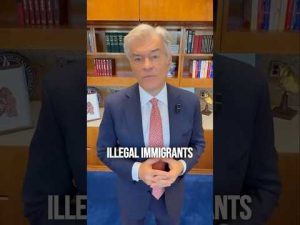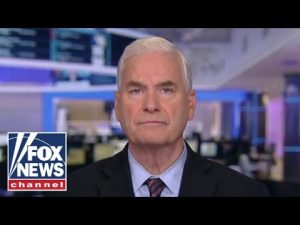In a troubling, yet unsurprising twist of events that could make even the most hardened thriller writer shudder, high-profile figures from the Trump administration find themselves seeking refuge in military housing due to credible threats of violence. This unsettling chapter unfolds in our very own United States, where the political climate has become so charged that individuals like Stephen Miller are effectively driven into hiding with their families. Evidently, it’s not enough that these public servants dedicated years to navigating the treacherous waters of political service; now they must delve into their own safety drills.
Imagine living in a country where top public figures need sanctuary akin to a James Bond safe house. But this isn’t a blockbuster movie; it’s real life. It’s troubling to think that the threats have escalated to such a degree that certain government officials must cocoon themselves within military bases, their reliance on such extreme measures a reflection of the extent of societal rifts. To some, this may seem reminiscent of moves more characteristic of dictatorships than burgeoning democracies, but here we are, fending off not epic battles of old, but rabid ideologues armed with vicious intentions.
The media’s role in this drama cannot be understated. The liberal press, always quick with an opinion and ready to adapt moral high ground, often contributes an extra dollop of hysteria. While the frequency and fervor of these threats wax and wane in the news cycle, those living this reality cannot afford to simply turn the page. The persistent specter of political violence, entangled with the fabric of everyday existence, linger on the shelves of those who serve the public eye.
Meanwhile, these threats serve as grim reminders, etched into the narrative backdrop of political discourse. It has culminated in a scenario where political appointees and their families are likened to minor-sized military secrets, more guarded than celebrities with fanatical followings. It’s a stark revelation that nothing is truly sacred or safe anymore – not even those wielding the influence to determine the path of the free world.
Ultimately, the nation finds itself at a precarious crossroads. As citizens, it’s perhaps worth contemplating whether this hostile divide is the legacy we wish to leave behind. The choice lies at the heart of America’s democratic principles: do we tolerate these threats doused in hatred, or do we rise above pettiness, striving for unity and peace? Either direction seems as epic as the best thrillers, but rest assured, the stakes are much higher. The future of civil discourse and public safety depends on the choices made today.







